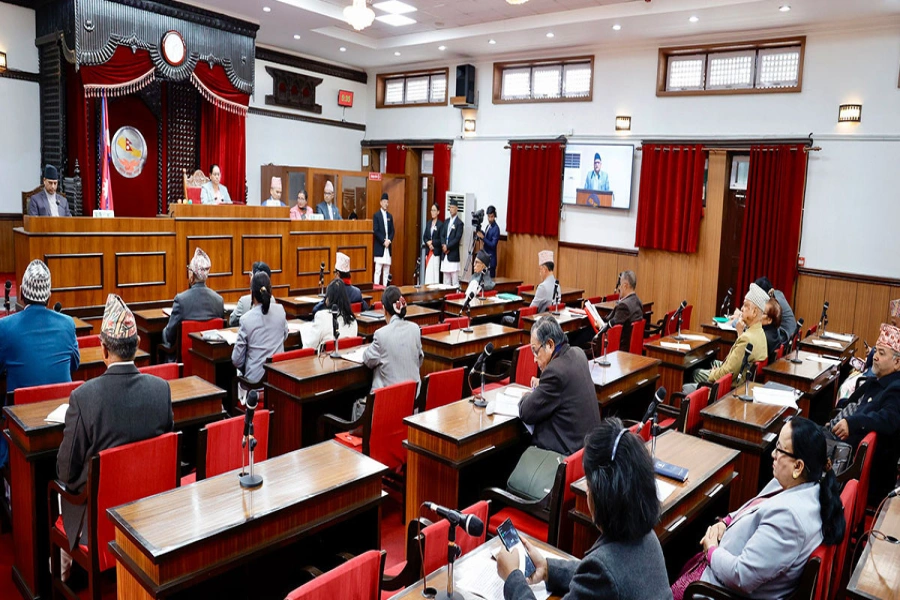KATHMANDU, Oct 9: Shareholders of the general public group who hold one percent or more of the paid-up capital of any bank or financial institution, as well as directors, chief executive officers, and their immediate family members, are now not allowed to obtain loans from the same bank.
Previously, there was a provision that loans could not be provided against the collateral of assets owned by the bank's founding shareholders, directors, executives, and their family members. Now, if a general shareholder holds more than one percent, they will also be unable to use that facility.
Lending slows as banks focus on recovery of loans at fiscal yea...

Similarly, shareholders with 0.5 percent founding shares will also be unable to obtain loans from the same bank. This provision has been established by amending the unified directives issued by the Regulation Department of Nepal Rastra Bank to the banks.
The revised directive states that shareholders of the founder group who hold more than 0.5 percent of the company's paid-up capital, as well as shareholders holding one percent or more, directors, executives, and family members of these individuals will not be able to obtain loans secured against assets owned by the same institution. Previously, there was no specified limit on the founder's shareholding.
Nepal Rastra Bank has stated that such shareholders or directors will not be restricted from issuing 100 percent cash margin guarantees, providing credit card facilities up to the limits set by the respective institutions, and providing loans secured by their own fixed deposits as well as government and NRB bonds.
Banks are required to submit details of shareholders holding more than 0.5 percent of shares to the relevant supervision department of the NRB on a semi-annual basis.






































